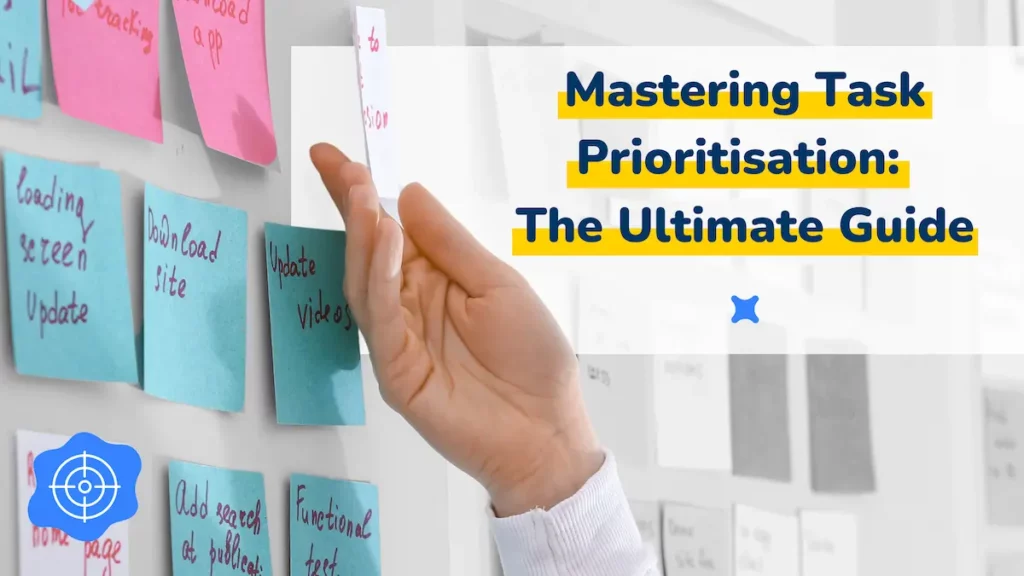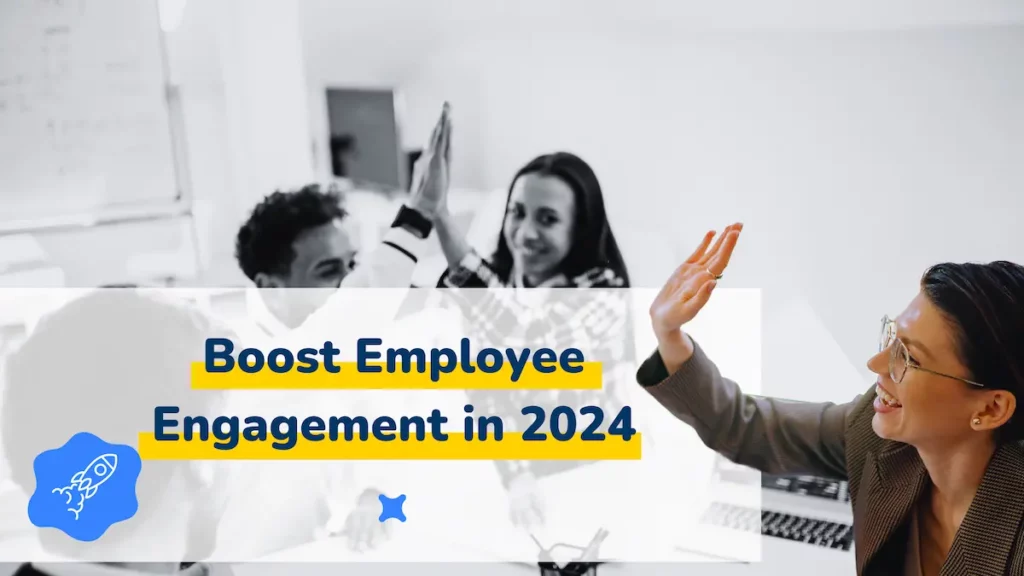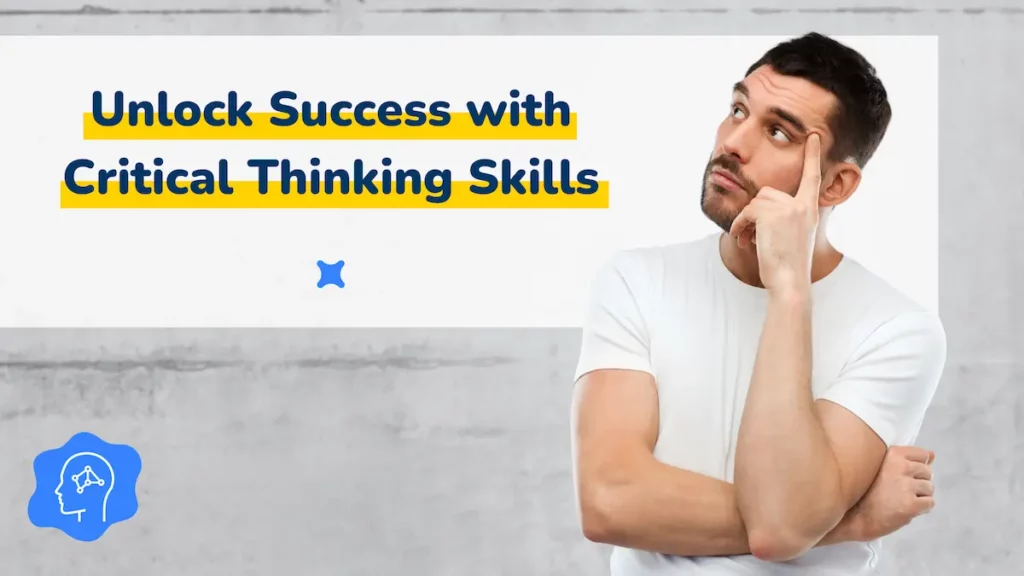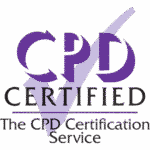In today’s fast-paced world, mastering the art of task prioritisation is key to productivity and success. This guide dives into the strategies and insights you need to organise your tasks effectively, making the best use of your time and resources.
Understanding the Importance of Task Prioritisation
Task prioritisation means organising tasks by importance and urgency. This way, you can focus on what’s critical and achieve your goals efficiently. Without it, you might spend too much time on less important tasks, leading to missed deadlines and increased stress.
Key Principles of Effective Prioritisation
To prioritise tasks well, you need to grasp the core principles behind successful strategies. These include:
Assessing Task Urgency and Importance
Urgent tasks need immediate attention, while important tasks significantly impact your long-term goals. The Eisenhower Matrix helps categorise tasks into four quadrants:
- Urgent and Important: Do these immediately.
- Important but Not Urgent: Schedule these.
- Urgent but Not Important: Delegate if possible.
- Neither Urgent nor Important: Consider eliminating.
Setting Clear Objectives
Clear, defined objectives help pinpoint which tasks are most important. Break down your goals into smaller, actionable tasks and prioritise based on their impact on your objectives.
Time Management Techniques
Effective time management is crucial. Techniques like the Pomodoro Technique, time blocking, and task batching can help manage your time better, keeping you focused on high-priority tasks.
Flexibility and Adaptability
Priorities can shift quickly. Stay flexible and adjust your prioritisation strategy as new tasks and information arise. Regularly review and tweak your priorities to match your current goals and circumstances.
Strategies for Prioritising Tasks
Here are some proven methods to help you prioritise tasks:
The ABCDE Method
Developed by Brian Tracy, this method involves assigning each task a letter based on its importance:
- A: Must be done today.
- B: Important but less urgent.
- C: Nice to do, but not essential.
- D: Can be delegated.
- E: Can be eliminated.
Complete A tasks first, then move on to B tasks, and so on.
The Ivy Lee Method
Write down the six most important tasks for the next day, rank them, and focus on completing each one in order of importance.
MoSCoW Method
Used in project management, this method divides tasks into four categories:
- Must have: Critical tasks.
- Should have: Important tasks.
- Could have: If there’s time.
- Won’t have: Not necessary, can be deferred.
The Eisenhower Matrix
Create a four-quadrant grid to categorise tasks by urgency and importance, focusing on the “Urgent and Important” tasks first.
The Pareto Principle
Also known as the 80/20 rule, it suggests that 80% of your results come from 20% of your efforts. Identify high-impact tasks and prioritise them.
Implementing Your Task Prioritisation Plan
Once you’ve prioritised your tasks, implement your plan effectively with these tips:
Create a Daily To-Do List
Start each day with a list of your most important tasks. Focus on high-priority tasks first and check them off as you go.
Limit Distractions
Minimise distractions by creating a conducive work environment. Turn off notifications, close unnecessary tabs, and set specific times for checking emails.
Review and Adjust Regularly
Regularly review your strategy and adjust as needed to stay aligned with your goals.
Delegate When Possible
Delegating tasks frees up your time for high-priority activities. Identify tasks that can be delegated and assign them to capable team members.
Use Technology
Utilise task management tools like Trello, Asana, and Todoist to stay organised and manage deadlines effectively.
Mastering task prioritisation is vital for achieving your goals and maintaining productivity. By understanding key principles, implementing effective strategies, and regularly reviewing your priorities, you can focus on the most important tasks. Use the techniques and tips in this guide to take control of your workload and boost your productivity.
Prioritise effectively, stay focused, and watch your productivity soar.
Frequently Asked Questions
What is task prioritisation?
Task prioritisation is the process of organising tasks based on their importance and urgency to achieve goals efficiently.
Why is task prioritisation important?
It helps focus on critical tasks, leading to better productivity, reduced stress, and timely achievement of goals.
What are some common methods of prioritising tasks?
Common methods include the ABCDE Method, Ivy Lee Method, MoSCoW Method, Eisenhower Matrix, and the Pareto Principle.
How often should I review my prioritisation strategy?
Regular reviews, such as weekly or monthly, are recommended to adjust your priorities according to changing goals and circumstances.
Can technology help in task prioritisation?
Yes, tools like Trello, Asana, and Todoist can help manage and organise tasks effectively.
What should I do if my priorities change frequently?
Stay flexible and adapt your prioritisation strategy as needed. Regularly reviewing and adjusting your priorities will help manage changes effectively.







